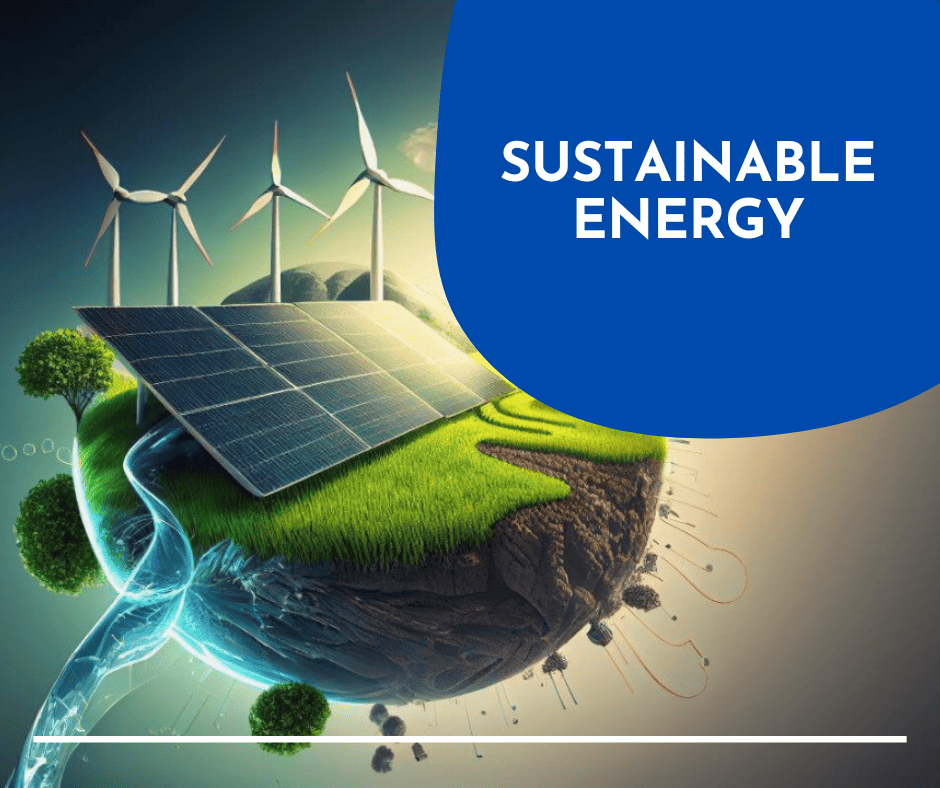
The world is facing a pressing issue that will affect every single one of us in the coming years: the search for sustainable energy. As we enter the twenty-first century, the demand for energy is only increasing, and the question of how to meet that demand without harming our planet has become a top priority.
The current energy systems that power our daily lives are heavily reliant on non-renewable sources such as fossil fuels, which have a finite supply and contribute to pollution and climate change. The burning of these fuels releases harmful greenhouse gases into the atmosphere, trapping heat and leading to a rise in global temperatures. This has already had devastating effects on our environment, from extreme weather events to rising sea levels.
In response to this, the world is now turning its attention to finding sustainable energy sources that can meet our needs without damaging the planet. This is where renewable energy comes in. Renewable energy sources, like solar, wind, and hydro power, harness energy from the natural environment and produce little to no emissions, making them a more sustainable option for the future.
One of the main challenges in the search for sustainable energy is finding a balance between meeting our energy needs and reducing our impact on the environment. While renewable energy sources have a lot of potential, they still only make up a small percentage of the global energy mix. Fossil fuels, with their established infrastructure and lower costs, still dominate. However, as the technology for renewable energy continues to improve and becomes more affordable, it is expected that we will see a shift towards a cleaner energy mix in the coming years.
The question of where the world will find energy in the future is still up for debate. Some argue that we should focus on finding cleaner ways to use fossil fuels, such as carbon capture and storage technologies, while others believe that a complete transition to renewable energy is necessary. It is likely that a combination of these solutions will be needed, as each country and region will have different resources and needs.
One thing is certain: the search for sustainable energy is crucial for the future of our planet. Not only will it help us reduce our carbon footprint and mitigate the effects of climate change, but it will also bring economic benefits and create new job opportunities. Investments in renewable energy have already shown promising returns, with some countries like Germany and Denmark generating a significant portion of their electricity from renewable sources.
As individuals, we can also contribute to the search for sustainable energy by making small changes in our daily lives. We can reduce our energy consumption by turning off lights and electronics when not in use, using public transportation or carpooling, and supporting renewable energy initiatives in our communities.
In conclusion, the search for sustainable energy is an urgent and ongoing mission that will shape the future of our planet. It is essential that we all work together, from governments and industries to individuals, to make the necessary changes and transition to a cleaner and more sustainable energy future.